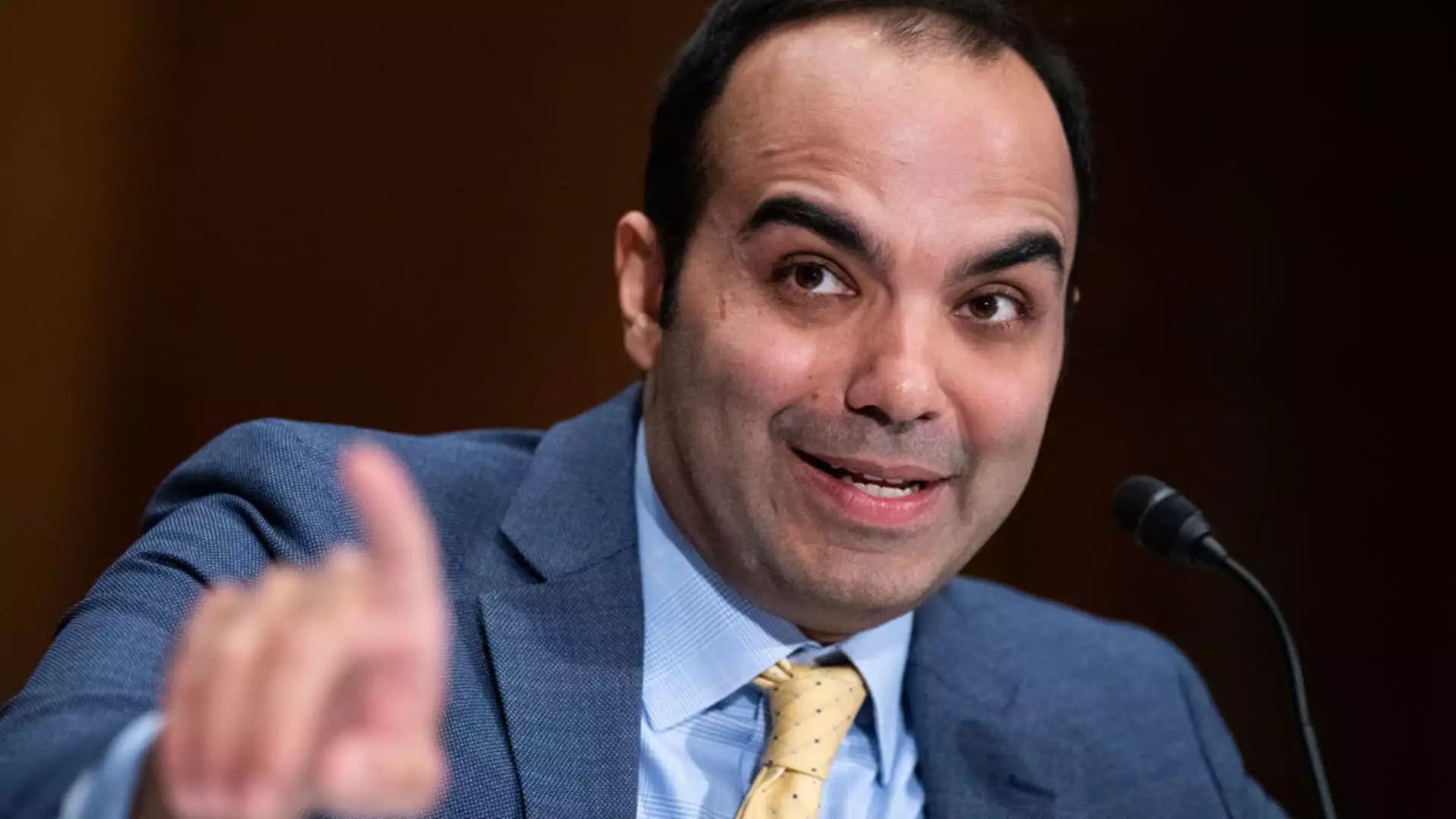The Consumer Financial Protection Bureau recently announced a new rule that would cap the typical late fee charged by banks at $8 per incident. This change is expected to benefit over 45 million card users who would save an average of $220 annually, according to the CFPB. The rule comes after a long review of market data related to the 2009 Card Act, which allowed card issuers to charge increasing amounts of late fees over the years.
By reducing late fees to $8, consumers would see substantial savings on an annual basis. The average late fee of around $32 was considered excessive, and the new rule aims to protect consumers from being exploited by credit card companies. The CFPB Director, Rohit Chopra, emphasized the importance of ending the era of big credit card companies profiting from excessive fees at the expense of borrowers. This move aligns with President Joe Biden’s efforts to address so-called junk fees and protect consumers from unfair practices.
While the new rule has been praised for its consumer-friendly approach, some industry groups have expressed concerns about its potential impact. The Consumer Bankers Association criticized the rule, claiming that it could lead to higher interest rates and reduced credit availability for card users. The association also questioned the speed at which the rule was issued, suggesting that the CFPB prioritized headlines over following proper legal procedures.
The rule has faced opposition from politicians and industry representatives, with Republican Senator Tim Scott of South Carolina pledging to use the Congressional Review Act to challenge the implementation of the late fee cap. The American Bankers Association is also exploring options to push back against the CFPB’s rules. These challenges highlight the contentious nature of financial regulations and the ongoing debate over consumer protections versus industry interests.
The new rule announced by the Consumer Financial Protection Bureau represents a significant step towards curbing excessive late fees charged by credit card companies. While the rule aims to benefit consumers by reducing costs and promoting financial transparency, it has faced criticism from industry groups and political opponents. Moving forward, it will be essential to monitor the impact of the rule on credit card users and assess its effectiveness in achieving its intended goals of consumer protection and fair financial practices.


Leave a Reply